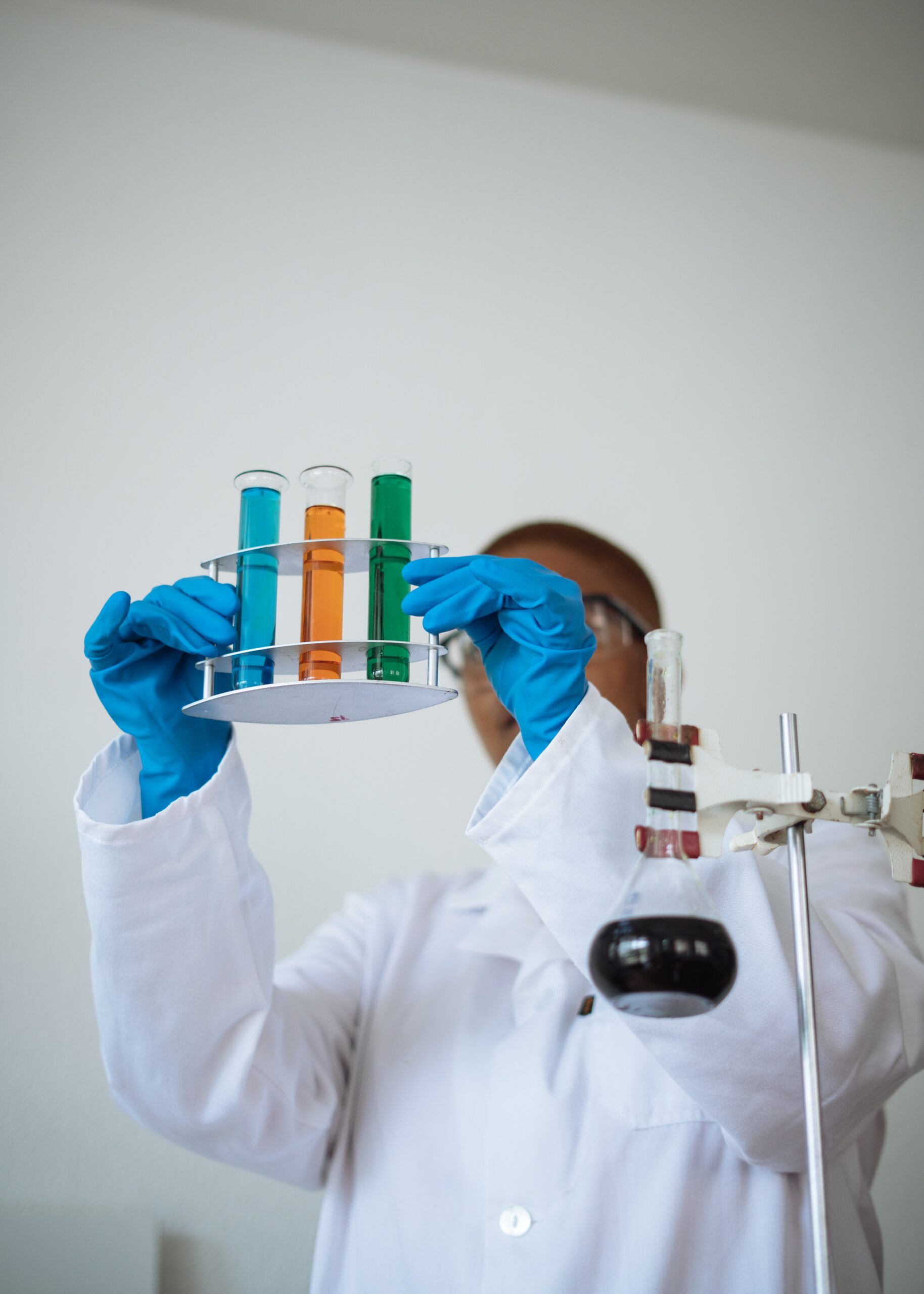Idiopathic Short Stature (ISS) is a medical condition characterized by a shorter stature than the average population, without any underlying medical cause. While ISS itself is not associated with significant health risks, the psychological and social impacts of short stature can be substantial. In the quest for novel treatment approaches, the exploration of anabolic steroids as a potential solution has garnered attention. This article delves into the world of ISS, anabolic steroids, their mechanisms, ethical considerations, and the potential implications of this emerging horizon in healthcare.
Idiopathic Short Stature: Understanding the Condition
Idiopathic Short Stature is often defined as a height below the third percentile for an individual’s age and gender, without any underlying medical condition causing the growth delay. Despite its non-pathological nature, the psychological effects of short stature, such as low self-esteem and social discomfort, can have a lasting impact on individuals, particularly during crucial developmental stages. Current treatment options, which include growth hormone therapy and psychological support, may not address all aspects of the condition.
Anabolic Steroids: Mechanisms and Applications
Anabolic steroids, synthetic derivatives of testosterone, are typically associated with muscle growth and performance enhancement. However, their potential applications extend beyond athletics. These compounds work by binding to androgen receptors, influencing protein synthesis and nitrogen retention, which are fundamental to muscle development. Their potential to impact growth plates and stimulate linear growth has raised questions about their applicability to treat ISS.
Precedent and Controversies
Anabolic steroids have a storied history, with legitimate medical uses and a history of misuse in sports and bodybuilding. This dichotomy has led to ethical and safety concerns, with potential side effects ranging from cardiovascular issues to hormonal imbalances. Using anabolic steroids for non-medical purposes raises complex ethical questions, and any consideration for using them to address ISS requires rigorous scientific scrutiny and a thorough understanding of potential risks.
Anabolic Steroids for Idiopathic Short Stature: Theoretical Basis
The theoretical benefits of using anabolic steroids for ISS treatment revolve around their ability to stimulate growth plates and influence linear growth. By promoting bone and muscle development, anabolic steroids might offer an alternative approach to addressing the psychosocial impacts of short stature. However, the intricacies of growth, the potential for unintended side effects, and the lack of comprehensive research emphasize the need for careful consideration.
Research Studies and Clinical Evidence
The field of using anabolic steroids for growth promotion in non-pathological conditions like ISS is relatively nascent. Limited research exists on their effectiveness, safety, and optimal dosing for this purpose. Clinical trials involving ISS patients and anabolic steroids are sparse, underscoring the importance of robust research efforts to provide definitive answers.
Safety and Monitoring
The use of anabolic steroids comes with a well-established set of risks and side effects. These include cardiovascular complications, hormonal imbalances, and potential impacts on liver and kidney function. Ensuring patient safety through comprehensive monitoring is paramount, and any potential treatment plan must carefully weigh the benefits against these potential risks.
Ethical and Psychosocial Considerations
The ethical implications of using anabolic steroids to address non-pathological conditions like ISS are complex. Balancing potential benefits with the need to prioritize patient safety and societal well-being requires careful deliberation. Addressing the psychosocial impacts of short stature remains a critical concern, urging us to adopt a holistic approach that considers both physical and emotional aspects.
Future Prospects and Challenges
The future of using anabolic steroids for ISS treatment hinges on multidisciplinary efforts. Further research, including well-designed clinical trials, is essential to determine the true potential of anabolic steroids in promoting growth. Overcoming regulatory challenges, ethical considerations, and public perceptions will also play a pivotal role in shaping the future landscape of this treatment approach.
Conclusion
The exploration of anabolic steroids for the treatment of Idiopathic Short Stature opens up new avenues for medical innovation. While the theoretical potential is intriguing, it is crucial to approach this emerging horizon with caution, rigorous research, and ethical awareness. By addressing the psychosocial impacts of ISS and striving for patient-centered care, we can hope to enrich the lives of those affected by short stature and contribute to the evolving landscape of healthcare.
QNA
Q1: What is Idiopathic Short Stature (ISS), and why is it important to explore alternative treatment approaches?
A1: Idiopathic Short Stature refers to individuals with a height below the third percentile for their age and gender, without underlying medical causes. Exploring alternative treatments is vital due to the psychological and social impacts of short stature, which may not be fully addressed by current options.
Q2: How do anabolic steroids work, and why are they being considered as a potential treatment for ISS?
A2: Anabolic steroids promote muscle growth by binding to androgen receptors and stimulating protein synthesis. They are being explored for ISS due to their potential to influence growth plates and linear growth, potentially addressing some of the psychosocial impacts of short stature.
Q3: What ethical concerns surround the use of anabolic steroids in treating ISS?
A3: Anabolic steroids have both medical and non-medical uses, raising ethical questions about their application for non-pathological conditions like ISS. Balancing potential benefits with risks and societal perceptions is a critical consideration.
Q4: What is the theoretical basis for using anabolic steroids in ISS treatment?
A4: The theory revolves around anabolic steroids’ potential to stimulate growth plates and promote bone and muscle development, potentially offering an alternative solution to the psychological impacts of short stature. However, more research is needed to validate this theory.
Q5: Are there any existing studies on the use of anabolic steroids for ISS treatment?
A5: Currently, research on anabolic steroids for ISS treatment is limited. Clinical trials involving ISS patients and anabolic steroids are sparse, highlighting the need for more comprehensive studies to establish their effectiveness and safety.
Q6: What are the potential risks associated with anabolic steroid use for ISS treatment?
A6: Anabolic steroids carry known risks, including cardiovascular issues, hormonal imbalances, and impacts on organ function. Patient safety is of utmost importance, necessitating thorough monitoring and risk mitigation strategies.
Q7: How can the psychosocial impacts of short stature be addressed in ISS treatment?
A7: Addressing psychosocial impacts requires a holistic approach that considers both physical and emotional aspects. Anabolic steroid treatment, if proven effective, might have a positive impact on self-esteem and body image for individuals with ISS.
Q8: What are the future prospects and challenges of using anabolic steroids for ISS treatment?
A8: The future of anabolic steroids for ISS treatment depends on robust research efforts, regulatory considerations, and ethical discussions. Overcoming these challenges is essential to determine the true potential and applicability of this treatment approach.
Q9: How should patients and healthcare providers approach the consideration of anabolic steroids for ISS?
A9: Patients and healthcare providers should approach this consideration with caution, emphasizing the need for evidence-based research and a thorough understanding of potential benefits and risks. Shared decision-making, informed consent, and open communication are essential.
Q10: What is the overarching message regarding anabolic steroids for ISS treatment?
A10: The potential use of anabolic steroids for Idiopathic Short Stature treatment presents both opportunities and challenges. It requires a delicate balance between scientific exploration, patient safety, and ethical considerations, all with the aim of improving the lives of individuals affected by this condition.
Author

Dr. Aditya K. Sharma
I am Dr. Aditya Sharma, a dedicated urologist specializing in kidney transplants and advanced urological surgeries. My career is driven by a passion for delivering exceptional care and pioneering surgical techniques. Outside the operating room, I have a keen interest in studying the effects of anabolic steroids on bodybuilding, seeking to understand the fine line between enhancing performance and maintaining health.








